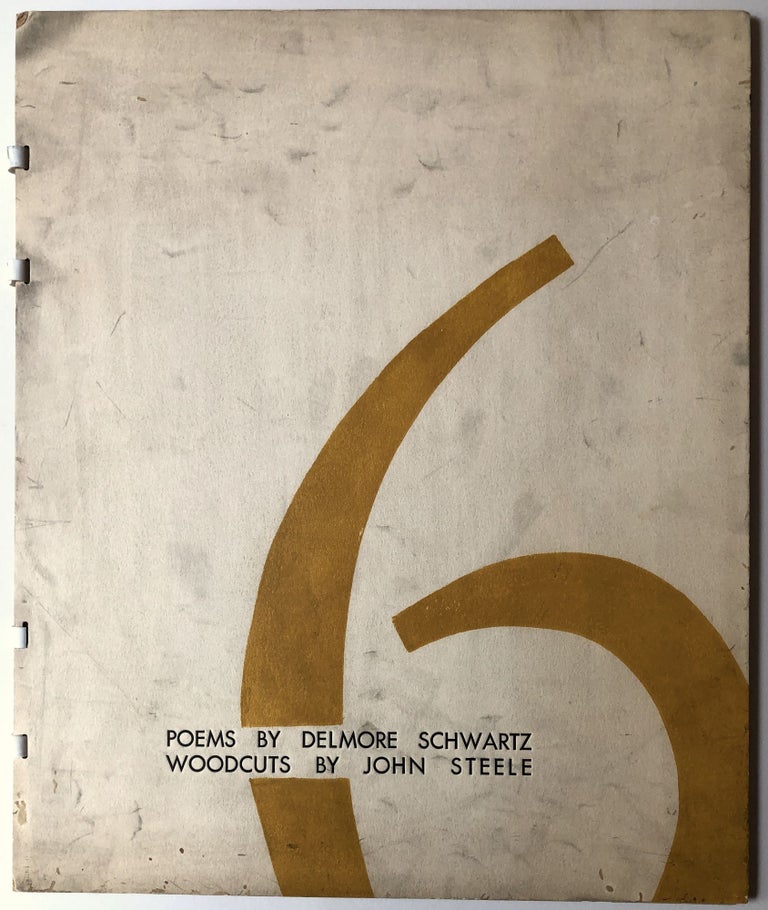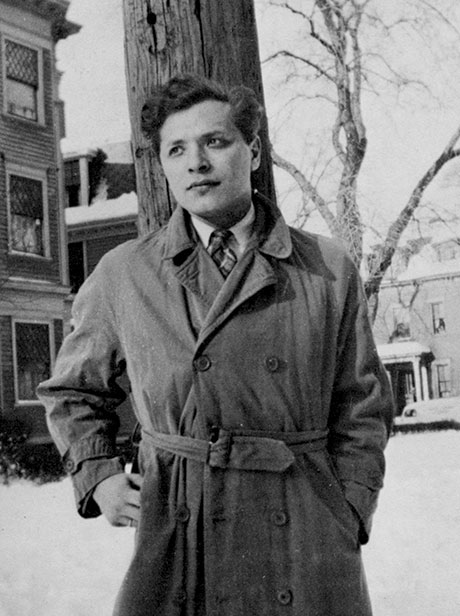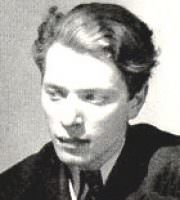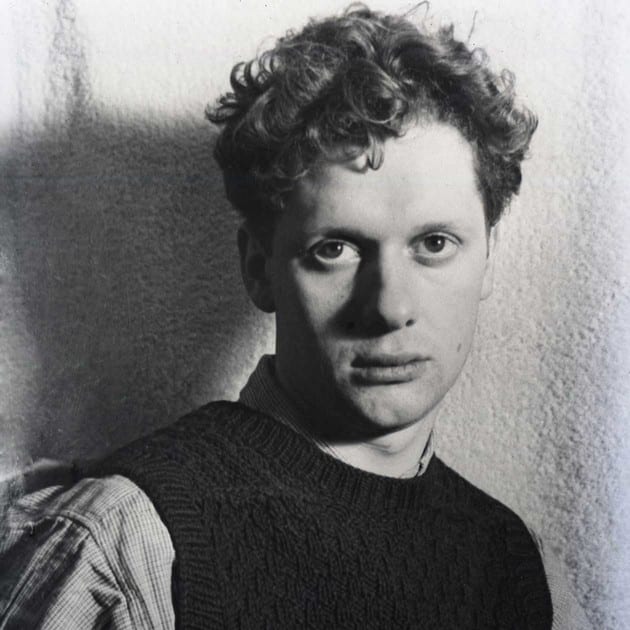
his copy of Finnegan's Wake
Delmore Schwartz must have spent more time thinking about Finnegans Wake than almost anybody else. Yet it's a shame he wrote very little about the book. I've found just one essay, 'The Vocation of the Poet in the Modern World', written in 1951, in which he talks about what the Wake meant to him:
'Joyce had completed his last and probably his best book, the stupendous Finnegans Wake, a book which would itself provide sufficient evidence and illustration of the vocation of the modern poet in modern life. All that has been observed in Eliot's work is all the more true of Finnegans Wake – the attention to colloquial speech, the awareness of the variety of ways that languages can be degraded, and how that degradation can be the base for a new originality and exactitude, the sense of an involvement with theinternational scene and all history. But more than that, the radio and even televisionplay a part in this wonderful book, as indeed they played a part in the writing of it. Joyce had a short wave radio with which he was able to hear London, Moscow, Dublin – and New York! In Finnegans Wake, I was perplexed for a time by echoes of American radio comedy and Yiddish humor until I learned about Joyce's radio and about his daily reading of the Paris edition of the New York Herald-Tribune.' The most important point of all, however, is that Finnegans Wake exhibits in the smallest detail and in the entire scope of the work the internationality of the modern poet, his involvement in all history, and his consciousness of the impingement of any foreign language from Hebrew to Esperanto upon the poet's use of the English language.....'














